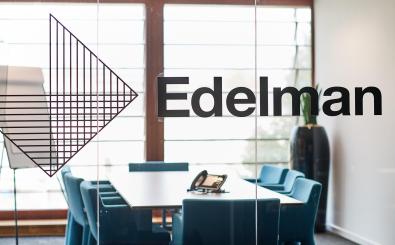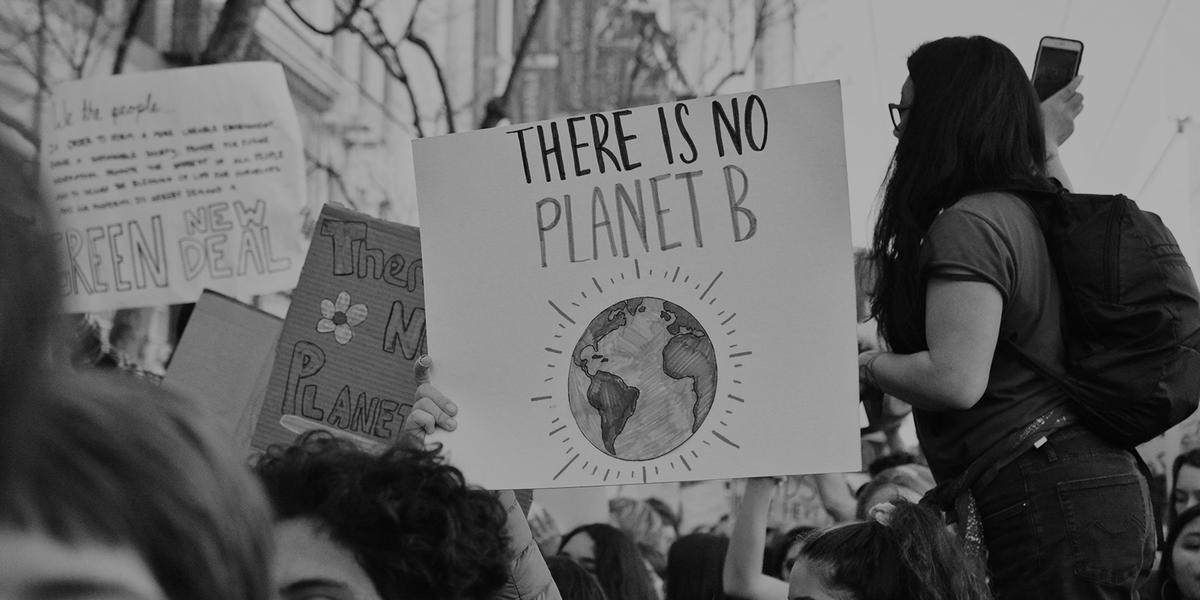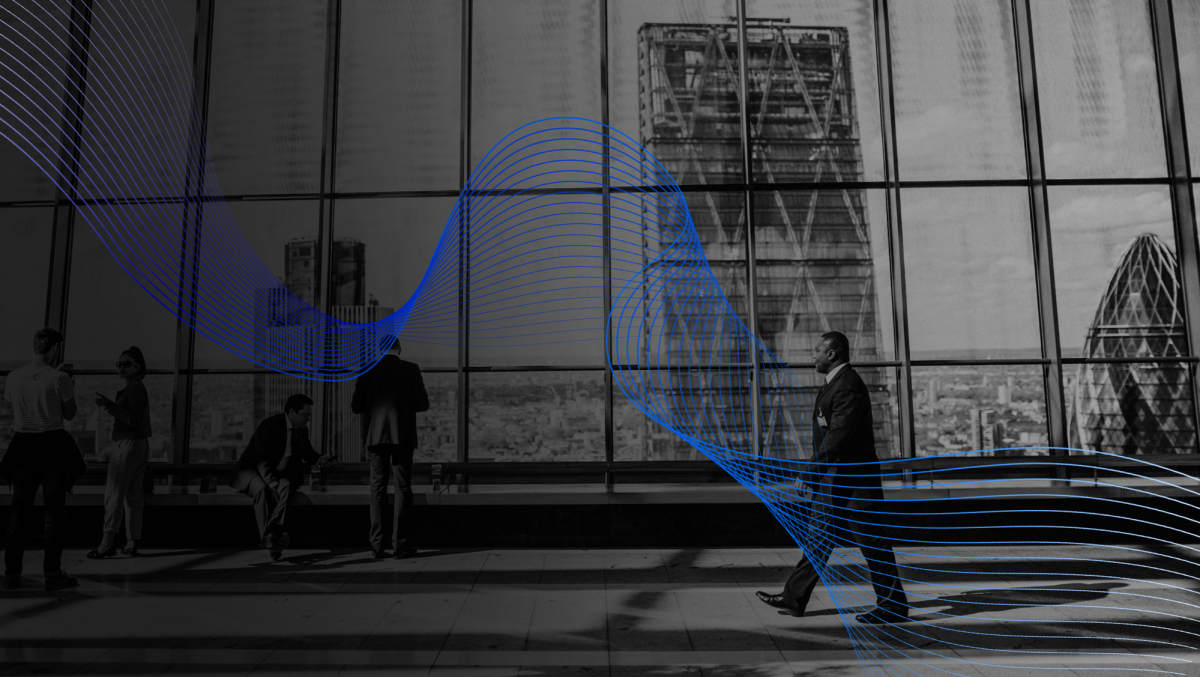What strange times we suddenly find ourselves living in. The speed at which the COVID-19 virus has spread across the globe has been nothing short of head spinning and the feeling of whiplash will be with us for some time to come. As we place ourselves in lockdown and watch governments introduce increasingly drastic measures to protect the Australian people and economy, we’re left with a country that’s in many ways hard to recognise as the one we called home just a few short weeks ago.
Within this new climate, it’s entirely understandable that businesses and brands might be left feeling somewhat lost; wondering where their role lies in dealing with the crisis and what their best course of action might be to ensure they’re both doing their part to help their communities and ensuring their own long-term viability.
In order to shed some light on how this might be done, at Edelman we’ve completed two important studies over recent weeks that provide invaluable insights into the way forward for brands. The first is an Edelman Trust Barometer special report, Trust and the Coronavirus, and the second special report, Brand Trust and the Coronavirus Pandemic, a 12-market study on what is expected of brands during the pandemic.
What these studies have revealed is that brands have an absolutely critical role to play in ensuring we make it through this crisis, and the keystone to that role is solutions. To put it bluntly, people believe brands should stop selling and start solving, offering tangible and fast-moving solutions that help everyone through this difficult time. Brands that do so will come through the crisis with their integrity intact, while those that do not may face a backlash.
As we dive deeper into this, we should start by looking at a few of the key insights our studies have revealed, outlining a set of very clear expectations people have regarding brands’ response to COVID-19. The first point might sound simplistic, but it’s essential, and that’s that people expect brands to create products that help in the crisis. We’ve seen 89 per cent of respondents say brands should shift production to goods that meet the challenges of COVID-19.
As an example of a brand that’s heard this message loud and clear, HP is deploying a range of measures, including the harnessing of its 3D-printing capabilities to create vital products for medical workers and hospitals. These include essentials like ventilator valves, breathing filters, and face mask clasps, as well as new innovations like plastic door handle adaptors that make it easier to open doors with your elbow, preventing further spread of the virus.
For those in any doubt over the value of a shift such as this, it’s worth noting that 54 per cent of respondents to our research say they’re not paying attention to new products right now, unless designed to help with pandemic-related life challenges. So, if you’re thinking of marketing a new product that doesn’t help to address COVID-19, be forewarned, your efforts may fall on deaf ears.
The second expectation people have of brands during this period is that they should communicate how they’re helping. We’ve seen 89 per cent of our respondents tell us brands should keep the public fully informed on how they’re supporting and protecting their employees and customers, while 88 per cent want to be kept updated regarding changes to brand operations and how to access products and services. Transparency is always valuable, but it’s particularly key during these moments of crisis.
Understanding the importance of this, LinkedIn recently alerted the public to changes that would see it shifting focus to ensure essential pandemic-related positions are prioritised. Because there’s no point getting equipment to the frontlines if no one’s manning the post, right? As such, LinkedIn is working to raise awareness around an offering of free job listings until June 30 for businesses in healthcare, warehousing, supermarket, and freight delivery, as well as the serving of urgent jobs listings, like those in healthcare services, to members with relevant skills.
Finally, people’s third expectation of brands during this time comes via a clear desire amongst 90 per cent of respondents that brands partner with government to better deal with the crisis. This would be due, at least in part, to the majority of people seeing brands and companies as having a faster and more effective response to COVID-19. As such, it’s only natural to find that 86 per cent of people hope brands will provide a safety net where government is unable to act or perhaps unable to act quickly enough.
While remaining mindful of these three key expectations (producing goods that help, communicating how they’re doing so, and working alongside government), brands must also be aware that people are watching carefully to see which of them prove capable of meeting the demands of the COVID-19 era. Sixty-five per cent of respondents say that how a brand responds will likely have a huge impact on their likelihood of buying that brand in future, while one in three claim they’ve already meted out punishment by convincing other people to stop using a brand they felt was not acting appropriately. Furthermore, 71 per cent of people claim that if they perceived a brand to be putting profit over people, they would lose trust in that brand forever. With people’s anxiety so understandably heightened at this time, extra care must be taken to ensure brands’ actions cannot be seen to be anything less than for the greater good.
Saying that, it’s heartening to see that many brands are already rising to the COVID-19 challenge. Some of these I’ve already mentioned, but further initiatives worth applauding include Unilever’s AUD$182 million offer to help the fight through donations of soap, sanitiser, bleach and food; the Archie Rose brewery’s shifting of resources away from alcoholic beverages towards producing hand sanitiser; or something as simple as the Sydney Opera House’s new online platform making it just a touch easier to stay home by offering free full-length performances and other content to compensate for the fact that no one will be walking through its white sails for some time.
Efforts like these give me hope, and while I’m confident that we’ll ultimately get through this together, it will only be if everyone does their part. And while individuals self-isolate or work to the point of exhaustion on the frontlines, it’s time for brands to consider any and all ways they can provide assistance to Aussies in their hour of need. I believe brands are ready to do the right thing, and with Australia watching, now’s the time for them to step up and prove it. Just be sure to wash your hands first.
This article originally appears on B&T Australia




